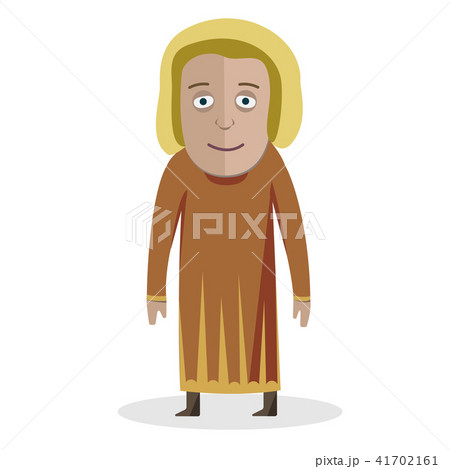Latina culture is a broad word for the ethnic expressions of people who have a history in Spanish American nations https://greatist.com/happiness/science-broken-heart and lands. It includes books, works of literature, music, religion, and other customary methods. Hispanics, or Spanish Americans, perhaps be subsequent newcomers or members of their extended individuals. They share some beliefs and speak Spanish, or the speech of the nation from which they come as their first speech.
Hispanics are a diverse group of people who also have distinct civilizations. They all speak the Spanish language, but voices vary to make it simple to identify a person’s nationality. For instance, Puebla residents are renowned for being traditionalist and reserved, whereas Veracruz residents are more liberal and outgoing. Additionally, Hispanic America has a wide range of songs, from the difficult polyrhythms of the Caribbean to the waltz brought by Core European inhabitants to Mexico.

Both the nation’s record and its beliefs https://medium.com/@ben-from-dreamfiancee/my-brazilian-brides-matchmaking-insights-c48fd60fff89 are varied and affluent. Some customs are observed regionally, while others are local or family-based. For instance, in honor of their grandparents who died while fighting for independence from Spain, Mexicans observe the day of the Dead in October. In honor of how our predecessors influenced the development of this country, we observe Hispanic Heritage Month in September and october in the united states.
Hispanics have experienced a lot of stereotypes, just like any majority population. The Greaser, the Lazy Mexican, the Latin Lover, and the Mamacita are just a few examples. The Male Buffoon is depicted as childish, simple, and a bumbling stupid while speaking seriously accented English as well as the stereotypes of servants and gardeners.
Hispanics have had a difficult relation with civilization and racism in the united states. Racist discrimination was therefore prominent in the first half of the 20th century that many Latinos were unable to find employment and the nation was divided along cultural arcs. Anti-immigrant views and hatred of Puerto Ricans and Cubans led to a decline in Hispanic historical identification in the united states in the decades that followed.
Hispanics make up the majority of the population in the united states today, and they are very important to the government’s socioeconomic, political, and cultural lifestyle. They are also the world’s largest population of people of Hispanic origin, and they are swiftly forming a bulk in some places, like California.
It is crucial to dispel myths about Hispanics and other teams as we continue to strive for a more diverse and egalitarian society. The month of Spanish Heritage is a fantastic opportunity to spread awareness about this radiant and wonderful traditions. What do El Concilio, a college organization that unites the Latin@/chican@/hispanic student organizations at Undergraduate think are some of the most prevalent and hazardous stereotypes about Hispanics in America, ask students from Asu to notify us. The outcomes were impressive. Enjoy the interview with them in the video below.
